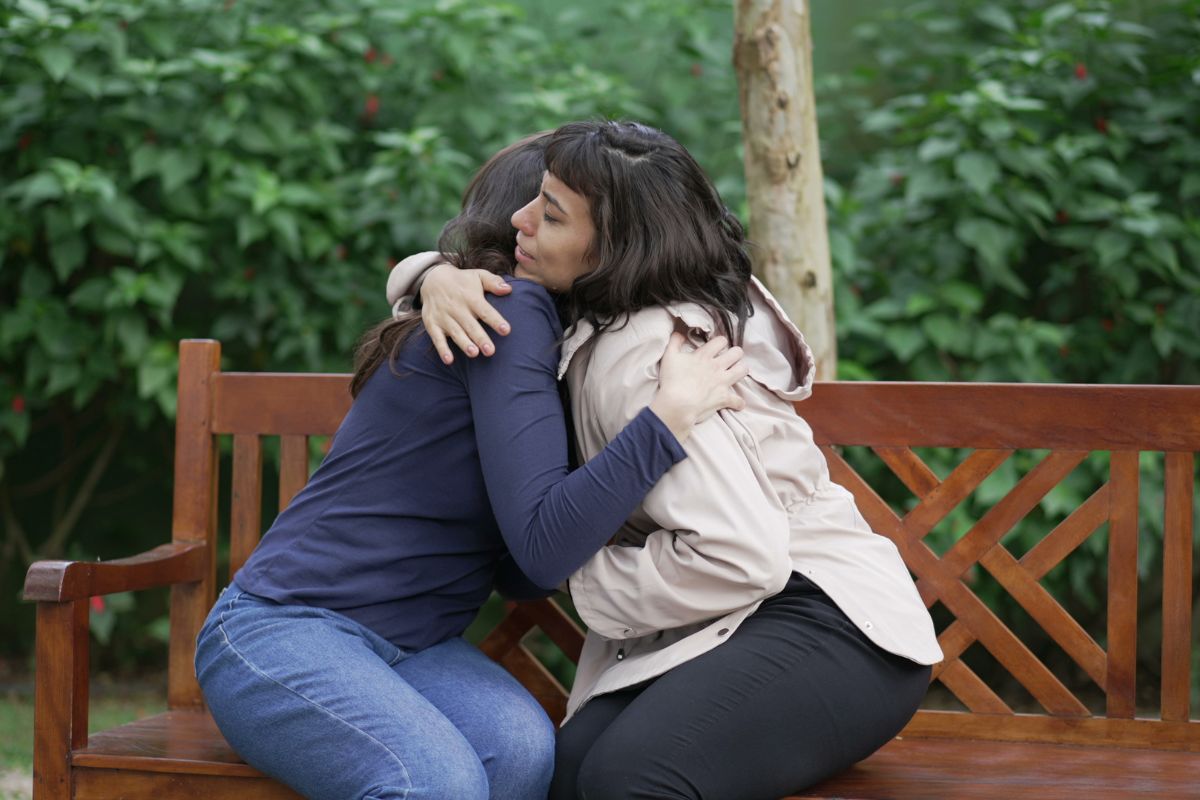When a Parent Gets Sick: How Adult Children Can Cope
One of the most profound shifts we experience in adulthood is watching the people who once cared for us begin to need our care. When a parent is diagnosed with a serious illness such as cancer, dementia, or another life-altering condition, it can feel as though the ground beneath us has shifted. The emotional toll is immense. We grieve not only the diagnosis but also the gradual transformation of someone we’ve known our entire lives.
This reversal of roles where the child becomes the caregiver is deeply unsettling. It brings up feelings of helplessness, sadness, guilt, and even resentment. And yet, amid the chaos of medical appointments, emotional conversations, and daily caregiving, we often forget to care for ourselves. We become so focused on managing logistics and providing support that our own emotional needs fall to the wayside.
You cannot fully prepare for this kind of journey. But you can equip yourself with tools to process your emotions, maintain your mental health, and find meaning in the midst of uncertainty. In this blog, I’ll share reflective exercises and coping strategies to help you navigate the emotional terrain of supporting a loved one through a major health condition.
Processing a Loved One’s Changing Health Through Reflection
Reflection is a powerful way to make sense of the emotional complexity that comes with watching a loved one change due to illness. One helpful exercise is A letter to a loved one. This tool allows you to externalize your feelings by writing directly to your loved one whether they’re still able to receive it or not. You can choose between guided prompts or free-form writing, depending on what feels most natural.
This letter becomes a space to express grief, gratitude, confusion, or even anger. It’s not about finding perfect words; it's about giving your emotions a voice. Often, the act of writing can bring clarity and emotional release. You may find yourself uncovering thoughts you didn’t realize you were holding onto, or discovering a sense of peace in articulating your love and sorrow.
Another reflective tool is How I Can Reshape My Future. This exercise encourages you to consider how your life is changing not just in the event of loss, but in the ongoing reality of your loved one’s transformation. It asks: How can I continue to live fully, even as I grieve? What would my loved one want for me? How can I honor them while also honoring myself?
This reflection helps you find balance between caregiving and self-care. It’s a reminder that your life matters too, and that continuing to grow and heal is not a betrayal, it's a form of love. It’s easy to feel guilty for wanting joy or pursuing personal goals during such a difficult time, but this exercise reframes those desires as part of a healthy, compassionate response to grief.
A third tool, Letting Go of Grief, invites deeper introspection. Through a series of questions, it guides you to examine your current beliefs, emotional patterns, and past experiences with grief. It encourages you to reframe your perspective and create a note of self-love, a gentle reminder that healing is possible, even in the midst of sorrow. This exercise can be especially helpful if you feel stuck or overwhelmed, offering a structured way to explore your emotions and begin to release what no longer serves you.
Grieving Through a Plan
Grief can feel overwhelming, especially when it’s layered with the responsibilities of caregiving. That’s why it’s helpful to create a Coping Plan. This One Powerful Technique begins by asking how you can manage sadness in a healthy way. It then prompts you to identify your support system friends, family, therapists, or support groups and encourages you to reach out.
Talking about your experience reduces isolation and validates your emotions. You’re not alone, and you don’t have to carry the weight by yourself. Even a single conversation can lighten the emotional load and remind you that others care.
The plan also includes space to explore helpful thoughts, affirmations, memories, or intentions that can guide you through difficult days. For example: “I’m doing the best I can,” or “It’s okay to feel joy even while grieving.” These thoughts can become anchors when emotions feel too heavy to hold. You might also include rituals or routines that bring comfort like lighting a candle, journaling, or taking a walk in nature.
Creating a coping plan doesn’t mean you’ll never feel overwhelmed. But it gives you a roadmap for navigating those moments with intention and self-compassion.

Grieving Through Meditation
When grief becomes overwhelming, meditation can offer a moment of peace. One gentle technique is Leaves On a Stream. This exercise invites you to visualize a peaceful place, often a flowing stream and imagine placing your thoughts and feelings onto leaves that drift away with the current.
The goal isn’t to suppress emotions, but to observe them without judgment. As each thought floats by, you practice letting go. This visualization helps create emotional distance, allowing you to breathe and reset. It’s especially helpful when your mind feels cluttered or when emotions are running high.
Meditation doesn’t erase grief, but it can soften its edges. It teaches you to sit with discomfort and find stillness in the storm. Over time, this practice can build emotional resilience, helping you stay grounded even in the face of uncertainty.
If you’re new to meditation, start small. Even five minutes a day can make a difference. There are many guided meditations available online, or you can simply sit quietly and focus on your breath. The key is consistency and kindness toward yourself.
Finding Meaning in the Journey
Supporting a loved one through illness is one of the most emotionally demanding experiences we face. But it can also be deeply meaningful. It’s a chance to show up with compassion, to deepen your connection, and to reflect on what truly matters.
These tools, reflection, planning, and meditation are not just coping mechanisms. They’re pathways to growth. They help you process your grief, care for yourself, and honor your loved one in a way that’s authentic and healing.
You may discover new strengths, deepen your empathy, or find clarity about your values. These insights don’t erase the pain, but they can illuminate the path forward.
Conclusion
Watching a parent or loved one face a serious illness is a form of anticipatory grief. You mourn the person they were, the relationship you had, and the future you imagined. It’s a slow, painful shift and it’s okay to admit that it hurts.
But you don’t have to go through it alone. By using reflective exercises, building a support system, and practicing self-care, you can navigate this journey with grace and resilience. Some days will be heavier than others. On those days, return to these tools. Let them remind you that your emotions are valid, your well-being matters, and healing is possible.
You are not just a caregiver. You are a human being with your own story, your own needs, and your own capacity for love and growth. Honor that. And know that even in the midst of sorrow, you are doing something profoundly brave.
All material provided on this website is for informational purposes only. Direct consultation of a qualified provider should be sought for any specific questions or problems. Use of this website in no way constitutes professional service or advice.




